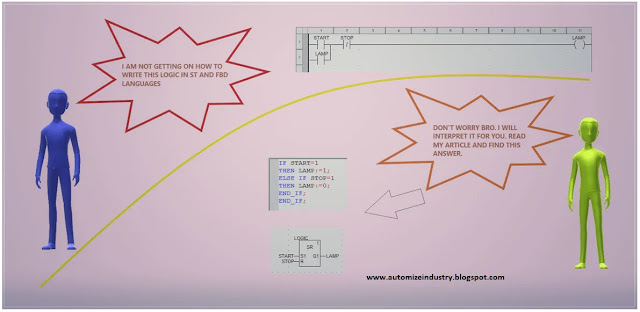Sensors In Medical Technology And Healthcare Industry
25th July, 2024.
In this post, we will see the sensors used in medical and healthcare industries.
We know how sensors play a very important role in each and every industry. Without them, it is virtually impossible to run any system. Because they give feedback on a particular process, it is important for accurately controlling a system. One industry which one thinks that sensors are not used is the healthcare or medical industry. One cannot imagine but sensors are used widely in areas where treatment of patients, laboratories or medical check up are done. In this post, we will see the sensors in the medical technology and healthcare industry.
Why are sensors used in the healthcare or medical industry?
Treating a patient or diagnosing him has always been a priority of human culture. And as technology is advancing, demands rise for zero failure chances in treatment. Also, some illnesses are so critical that a patient can suffer for a lifetime. This gives a need for some technology which will ensure that the patient gets treated quickly, safely or even when a patient comes for a normal checkup, he gets precise results so that he can further diagnose his issue. This can be done by using sensors in medical equipment. Because they give proper feedback, doctors can use the medicines and treatment accordingly. Due to this, the lives and times of patients are saved a lot. We will have a look on the various types of sensors used in medical industries in the post below.
Types of sensors used in medical field:
Temperature sensor:
Temperature of a patient is one parameter which is always useful in determining the type of disease. So, temperature sensors are one of the most used ones in medical instruments. In that, the general type that you will find is NTC sensor. Due to high performance in negative temperature, ability to come in various small sizes and giving accurate results in it, the NTC sensor is used widely in medical instruments. Also, the wiring of NTC is simple, consuming less space, and thus easily embedded in various medical instruments measuring temperature. Temperature sensor is thus used in a wide range of uses like monitoring air temperature supplied to patients, monitoring temperature inside machines like dialysis, incubator, anesthesia delivery, ventilator, oxygen concentrator, and infusion pumps.
Pressure sensor:
Air and liquid pressure measuring is a must for accurate treatment. For this reason, pressure sensors are used in medical industries due to various reasons like monitoring differential pressure in ventilators and oxygen therapy machines for proper mixture of air and oxygen, monitoring air pressure in sealed chambers where patient life is very critical, monitoring blood pressure in dialysis machine, monitoring pressure of air in positive pressure masks supplied to sleep apnea patients, monitoring liquid pressure of fluids used in drug infusion systems etc. The most relevant type for these applications is piezo resistive pressure sensor due to their small size, variety of sensing ranges, and low power requirements.
Biochemical sensor:
Biochemical sensor is a category of sensors which converts bio-reactions into an electrical signal. Various elements like enzymes, microorganisms, tissues, antibodies, membrane receptors, and nucleic acids, are detected in a bio-surface of the sensor, causing a biochemical reaction. The transducer inside converts this change of reaction into an electrical signal for further processing, as this reaction causes a change in temperature, pH, oxygen level, or color which is easily detected. This sensor finds it’s optimum uses in applications like measuring glucose levels, or understanding chemical reaction of a disease.
Humidity sensor:
Measuring moisture content in air is very critical, because many patients and machines require dry air for survival and operation. Humid content in the air can hamper the process. So, humidity sensors play a very important role in the medical industries. The best example is the AHU system, which supplies air to the patient rooms. There, humidity sensors control moisture content in the air.
Flow sensor:
Just like pressure, ensuring the correct amount of flow of air and liquid is critical for measurements. Measured dosing of gas, liquid or air finds it’s application in equipment like oxygen conservers, ventilators, respiratory devices, and nebulizers. Nowadays, ultrasonic flow meters are also used in medical applications. But before installing them, it is necessary to understand the importance of ToS (time of flight) and ToM (time of measurement) for using the ultrasonic flow meters. This is because accurate distance and time measurement is a must for the flowmeter to function properly.
Magnetic sensor:
MRI, ECG, and CT scan machines revolve around magnetic theory for functioning. The movement of internal motors and moving magnetic fields are tracked properly through these sensors. Also, we know that magnetic limit switches are known for giving quick response to controllers due to their swift action. Also, they consume low power for operation.
I have covered a general theory related to sensors in the medical industry. I have also not attempted to cover each and every topic, as it can vary from systems to systems. Once you are familiar with this engineering, you can easily tackle all types of problems in it.
Thank you for reading the post. I hope you liked it and will find a new way in this type of technology.




Comments
Post a Comment
If you have any queries, please let me know